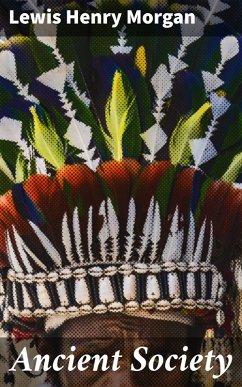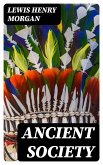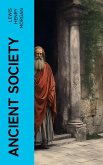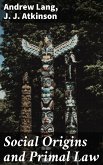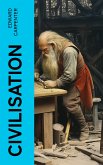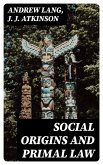In "Ancient Society," Lewis Henry Morgan presents a groundbreaking analysis of human social evolution, articulating a comprehensive framework that categorizes societies into three primary stages: savagery, barbarism, and civilization. Drawing from anthropological insights and cross-cultural comparisons, Morgan employs a rigorous yet accessible literary style to explore the intricacies of social organization, kinship systems, and the development of property. The book critiques prevailing notions of civilization and sheds light on the egalitarian structures inherent in indigenous societies, situating Morgan's work within the broader context of 19th-century social science and its evolution. Lewis Henry Morgan (1818-1881) was an influential American anthropologist and social theorist, whose experiences among the Iroquois and his extensive fieldwork profoundly shaped his understanding of kinship and social structures. His commitment to indigenous rights and his advocacy for the recognition of complex social systems in non-Western societies framed his arguments in "Ancient Society." Morgan's interdisciplinary scholarship, collaborating with figures like Karl Marx and Friedrich Engels, positioned him as a pivotal figure in the development of modern anthropology, influencing both academic discourse and public perceptions of indigenous peoples. "Ancient Society" is an essential read for students of anthropology, sociology, and history, as it not only challenges ethnocentric views of progress but also invites readers to reconsider the foundations of human social organization. Morgan'Äôs eloquent prose and compelling arguments offer a reflective exploration of cultural development that remains relevant today, making it a vital contribution to the understanding of humanity's diverse social tapestry.
Dieser Download kann aus rechtlichen Gründen nur mit Rechnungsadresse in A, B, BG, CY, CZ, D, DK, EW, E, FIN, F, GR, H, IRL, I, LT, L, LR, M, NL, PL, P, R, S, SLO, SK ausgeliefert werden.

